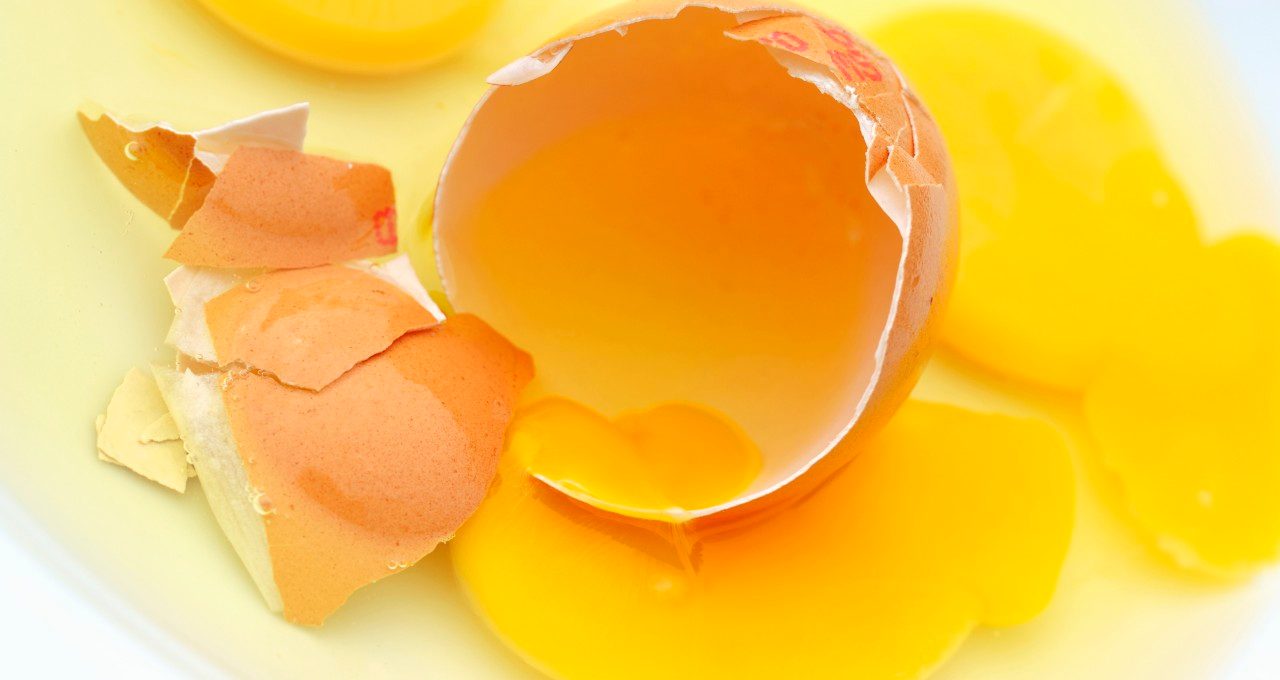Workarounds for Soaring Egg Prices

Egg prices have risen more than a third because of an outbreak of avian flu that has killed millions of chickens. Here’s what you can do.
If you like eggs, you have noticed increases in their prices.
Some 40 million chickens were killed or died recently as part of a highly contagious bird flu outbreak, increasing egg prices nationwide, according to the U.S. Department of Agriculture (USDA).
Overall prices for food bought to eat at home is expected to rise between 10 and 11 percent in 2022. But the flu outbreak has made eggs and poultry a special case. As of June, egg prices were up 33 percent from the previous year, after large increases in April and May. The price of chicken is expected to rise around 15 percent in 2022.
Americans rely on eggs for everything from baking to breakfast, but, if prices are a concern, it may be time to look for alternatives.
YOU MIGHT ALSO LIKE: How Much Protein is in Eggs?
Egg replacements in cooking
Before you replace eggs in a recipe, you need to know their function. Eggs do one of three things: they can be leavening, causing baked goods to rise; they serve as a binder, holding the ingredients together; or they provide moisture.
If your recipe calls for eggs as leavening, try the following options. Each replaces one egg.
- Mix together 1 ½ tablespoons vegetable oil, 1 ½ tablespoons water, and one teaspoon baking powder.
- 1 tablespoon ground flax seed with three tablespoons of warm water set aside until thickened, then add ¼ teaspoon of baking powder.
- 1 tablespoon apple cider or white vinegar plus one teaspoon of baking soda.
- 2 tablespoons plus 2 teaspoons of full-fat coconut milk plus 1 teaspoon baking powder.
- For each egg removed, replace ¼ cup of the recipe liquid with carbonated water.
If you need eggs to hold your recipe together but it doesn’t need to rise, try the following options for binders (you can also use some for moisture):
- ½ of a medium banana, mashed
- ¼ cup of avocado, mashed
- Gelatin — mix 2 teaspoons unflavored gelatin with 1 cup boiling water and use 3 ½ tablespoons of this mixture to replace one egg.
- 3 tablespoons of nut butter (peanut, almond, cashew)
- 2 tablespoons of cornstarch or 3 tablespoons of chickpea powder (for extra protein) mixed with 3 tablespoons of water
Eggs used for moisture are the easiest to replace. Your options:
- ¼ cup of pureed fruit (applesauce, pears, banana)
- ¼ cup of pureed vegetable (beets, pumpkin, sweet potato)
- ¼ cup silken tofu
- 1 tablespoon of chia seed with 1/3 cup water set aside for 15 minutes. With the addition of ¼ teaspoon of baking powder, you can also use this as leavening.
Keep in mind that some of these substitutes will impart flavor, for example pureed beets or pumpkin, so be thoughtful about combining flavors. Also keep in mind that baking powder and baking soda are not interchangeable.
For some recipes, the simplest solution may be one of the commercially available powdered egg replacements, which are primarily recommended for baking.
Addressing consumer concerns
Bird flu spreads naturally among wild aquatic birds worldwide and can make its way into farms. But even when a case is detected in the U.S., the average grocery shopper doesn’t need to worry about coming into contact with infected eggs or meat.
Chickens show symptoms quickly, and farmers regularly test their flocks and the USDA conducts inspections. Furthermore, eggs and poultry products are safe to eat if you follow proper cooking and handling guidelines.
There is no evidence that anyone has been infected with bird flu after eating properly cooked poultry products. Uncooked poultry and poultry products (like blood), however, could have been the source of a small number of bird flu infections in people in Southeast Asia.
As a general precaution, the Centers for Disease Control and Prevention recommends that people avoid wild birds, observing them only from a distance and avoiding contact with sick or dead birds.
Updated:
October 14, 2022
Reviewed By:
Janet O’Dell, RN